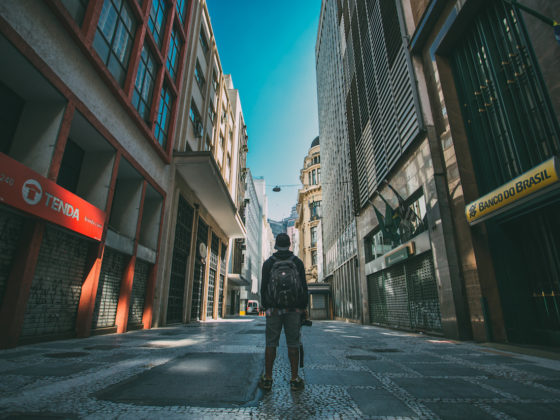Before I left Rio de Janeiro in 2007, I worked in a hostel as a receptionist and I couldn’t understand how some travellers were so naive. It didn’t matter how many times I told them to not go somewhere in the evening, they just thought they knew better. The result: every week at least one traveller got mugged.
When I arrived in London in the same year, it took me a couple of months to adjust. I remember putting my mobile and wallet in my underwear when walking on unlit streets; always double-checking if I was being followed, and, of course, being acutely aware of the things happening around me.
The thing is you cannot compare the violence between Brazil and Europe. It’s just on another level.
